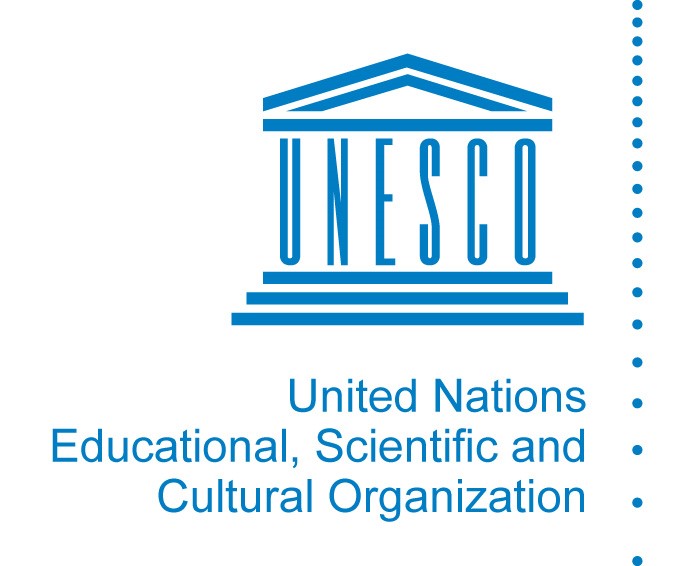Training is an essential component of any change process and continued professional development. It is key to familiarizing staff with the organizational structures, policies, guidelines and codes that have been put in place – what they contain, how they should be used, where to access them and the mechanisms to pursue recourse if there is transgression of those policies. Transformational processes, the longer-term vision of changing ‘hearts and minds’ is very much anchored on the people working within the institution and changing the institutional culture. This requires going beyond simple sexual harassment or diversity type trainings to explore employees’ own understanding of gender issues discrimination and power dynamics, their experiences, their biases (conscious or unconscious) and how these manifest in their everyday lives and workplaces. Training that gives employees an opportunity to engage more deeply and frequently with material related to sexism, racism, homophobia, ableism and other prejudices or discrimination that exist in any given society, provides individuals with an opportunity to self-reflect and see things through an evolved lens which should improve their understanding, relationships and practice (Bezrukova, K et al 2016). Training that supports individuals to be positive bystanders (i.e. knowing how to interrupt or step-in when inappropriate interactions are taking place and how to approach and support victims) can also be useful when done well and are tailored to the specific work context.
Global research found that journalism training resources to support content development with a gender lens exist and may be good, but that concepts are not well understood when they are translated or applied to media practice (WACC and IFJ 2012). These findings reinforce the need for ongoing professional development that go beyond manuals, online and one-off trainings, to include face-to-face opportunities, mentoring, peer-to-peer support and other strategies to improve and develop practice. Training is only one component of an institutional change process. These trainings must be situated within a broader system of gender-ethical policies, protocols, guides, codes and procedures; improved gender parity at all levels of staffing and in decision-making; and processes to monitor and provide feedback loops that allow for practice to be continually enhanced based on application and experience.
|
Training for Journalists on Gender Equality (Georgia) UN Women and UNFPA have been supporting training courses for journalists on ‘Gender-Sensitive Reporting and Covering Violence against Women in the Media’. The trainings focus on media reporting on VAWG in a non-discriminatory way, building skills to interview victims/survivors and protect their identities, as well as using appropriate language, terminology and sources. The training was followed-up with interactive components involving community mobilisation. Journalists and photographers were paired and asked to develop special reports illustrated with photographs and other graphic material covering issues related to violence against women and girls. These then became the basis for a special installation and interactive exhibition during International Women’s Day in 2014. Within three years, gender equality issues became high on the media agenda in Georgia, including through new media programmes discussing women's rights and promoting gender equality. For more information, see: http://georgia.unwomen.org/en/news/stories/2014/05/stories-of-survivors-portrayed-by-journalists-in-georgia and http://georgia.unfpa.org/en/news/sensitive-reporting-training-georgian-journalists |
Women’s Media Watch (Jamaica)
Women’s Media Watch (WMW) Jamaica works to bring a gender lens to media across Jamaica. Established in 1987, WMW uses media in inclusive ways to introduce different messages about women’s empowerment and leadership. WMW recognizes how media shape social values, perceptions and expectations, driving a holistic approach to addressing gender inequality. For example, one project supported by UN Women, trained young women through the PowHERhouse project, with the skills to use the media to transform gender norms, strategically promote gender equality, and advocate for themselves as leaders. The project challenged negative stereotypes about women in society and harnessed the power of the media to portray women as leaders and change agents.
For information on WMW Jamaica’s strategies and achievements visit: http://wmwja.org/
Resources:
Tackling Unconscious Bias to Promote Inclusive Business Environments. Available in English.
Bystander Intervention Training for Sexual Harassment. Available in English.
Masculinities Training. Available in English.
Diversity Training Resources. Available in English.
